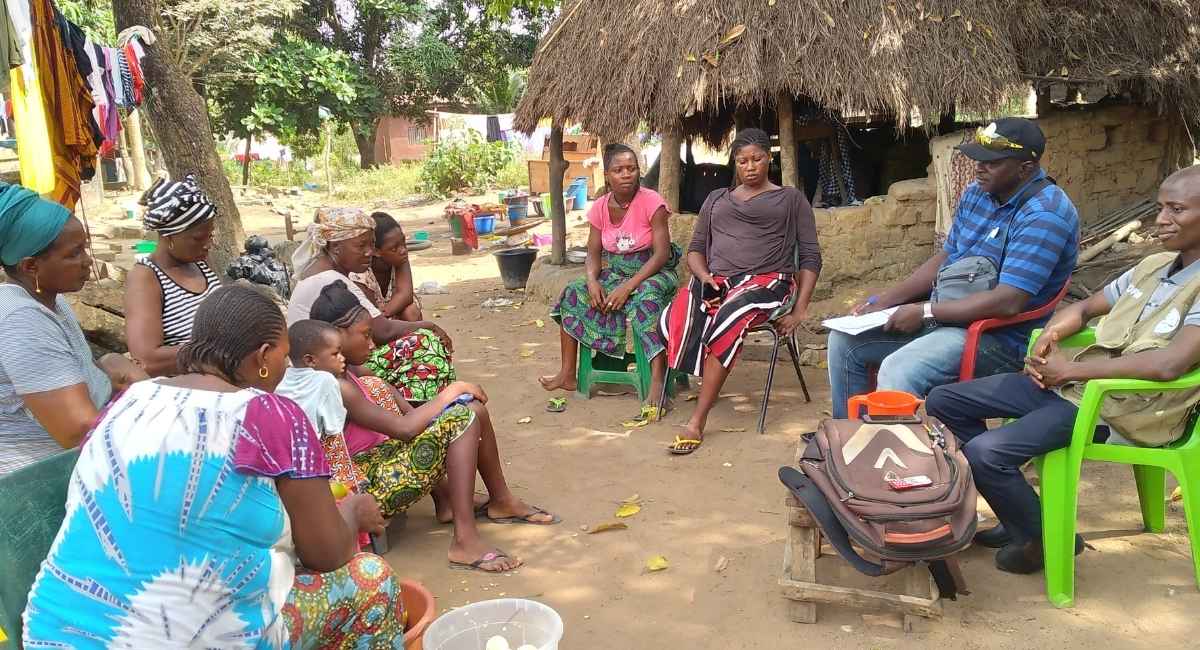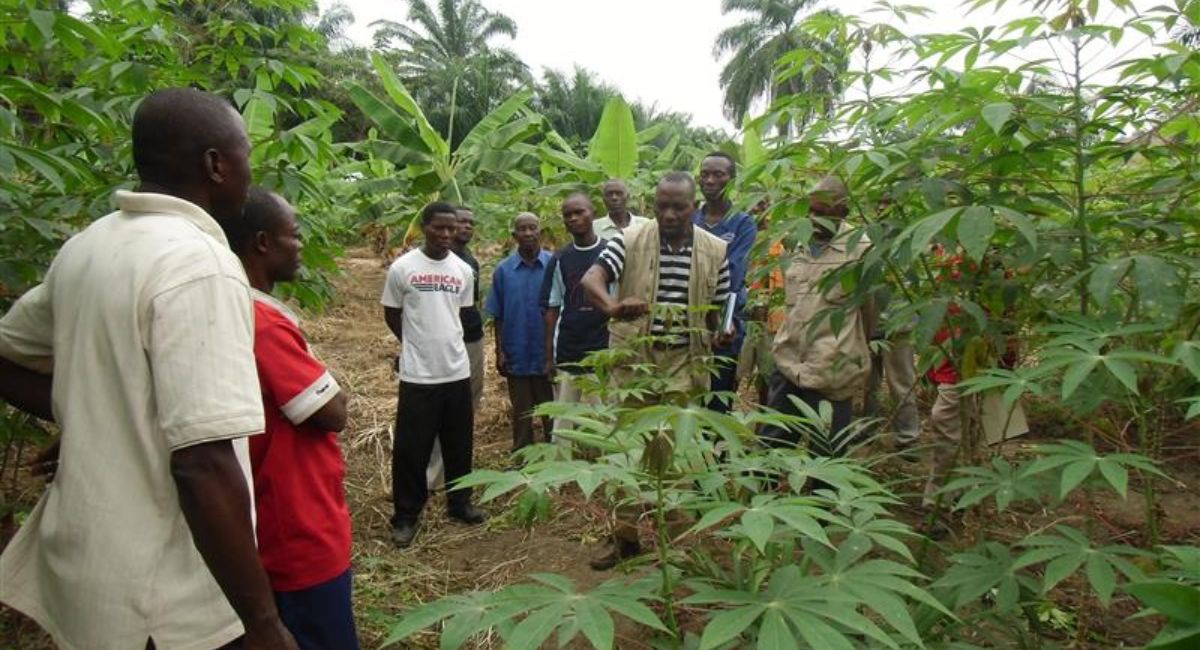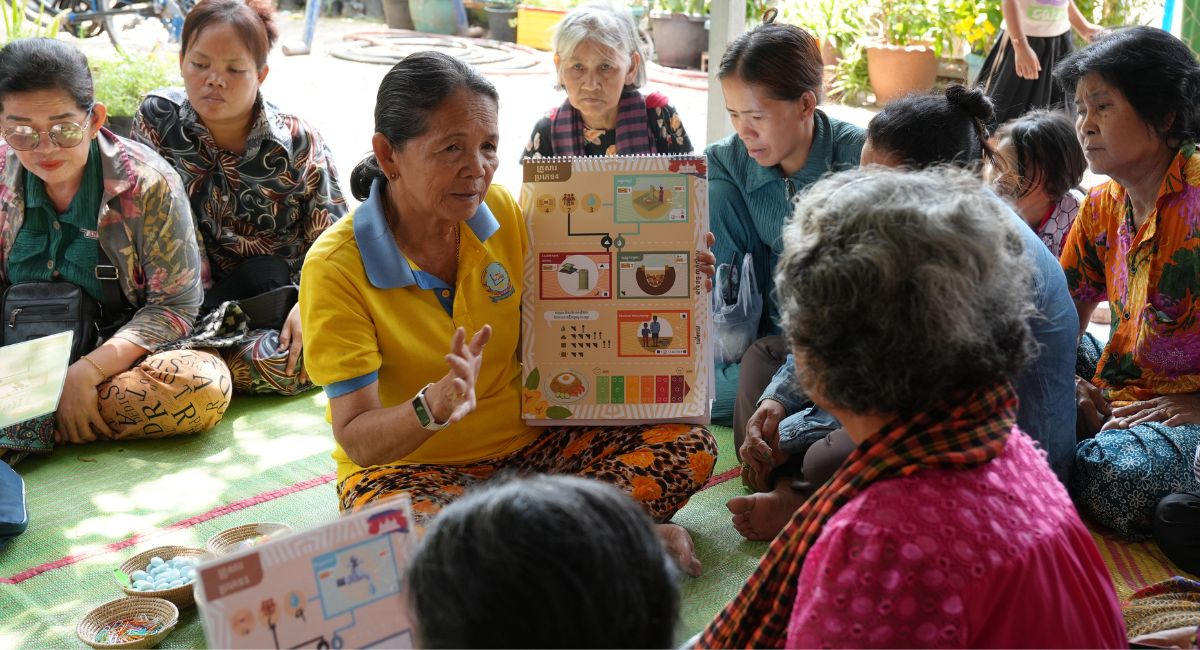GRET is conducting the AFD-funded “Access to finance” project in Cambodia to facilitate access to appropriate finance from banks for small water and electricity operators. As the project enters into its second phase, we talk to Terra Michaels, “Local essential services” programme manager at GRET, about the origins of the project and the NGO’s actions to contribute to formalisation of the private water and electricity sector in Cambodia.
Terra has supported projects in Cambodia for nearly eight years, most of which she spent in the country as both a technical expert and GRET Cambodia country representative (the latter for 2 years).
How did the idea for the “Access to finance” project come about?
At the end of the 1990s, the GRET team in charge of water and sanitation in rural areas in Cambodia realised that there were many private water operators throughout the country and the majority were informal and family-led businesses. Since then, GRET has done a great deal of work to formalise the sector.
Fast-forward about ten years, when the idea of enabling these operators to obtain formal loans from banking institutions emerged. In Cambodia, informal loans are widespread, and they come with extremely high interest rates (sometimes up to 40%), and these small water and electricity businesses were not eligible for formal loans. It became crucial to get these small businesses out of financially risky situations.
In parallel, the water sector formalised significantly, with the implementation of regulations and licences, enabling protection of long-term investments and means for ensuring quality services – in short, essential components to facilitate access to finance from banks. This also fostered new service providers to support the small operators with technical services ranging from engineering (design, construction oversight, commissioning of equipment, etc.) to management support (financial projections, estimation of tariffs, business plans, etc.). Among these was iSEA – Creation and independence of a water operator in Cambodia | Gret, a specialised services centre created by GRET in 2014 that became independent in 2022.
The first phase of the “Access to finance” project was born in this enabling environment. It was partially focused on helping these operators to close their informal loans and take out loans with the banking partner. The other component provided quality technical and management services. In this Phase II, GRET continues to support the expansion of formal loans, while the independent, national service providers have replaced GRET, making it possible to provide banks with a guarantee that applications submitted by small businesses were robust and well designed.
What does GRET do today, in concrete terms?
Proparco has provided a 20M€ loan envelop available to small water and electricity service providers; GRET and its partners[1] are supporting the banking institution to issue these loans. In parallel, we are providing technical assistance to around ten service providers so that they can replace GRET as an intermediary between banking institutions and small water and electricity operators. The idea is that these service providers will in turn build a relationship of trust with banks, and that the latter will consider their interventions as a guarantee of the quality of projects submitted by small businesses.
How does GRET work with the banks?
Currently, GRET is providing technical assistance to the Foreign Trade Bank, a Cambodian commercial bank. For a long time, banks believed it was too risky to give loans to small and medium businesses. The objective of the first phase of the “Access to finance” project was therefore to show banks that these businesses were profitable and capable of repaying their debts. As a result, other banks are beginning to show an interest in the sector.
At the end of the first phase, 47 operators received loans, totalling about 10.5 million Euros. To date, all operators are in the process of repaying their loans.
We are also facing another issue: banks require a lot of collateral. As most small businesses are run by families, banks expect them to put up their family home as collateral. GRET is working to have assets directly related to their businesses accepted as collateral: electricity distribution infrastructure, water supply systems, etc.
What is the ultimate goal of this project?
We use three key words: upgrade, extend, densify. Not only is it important to extend this access to new households, it is also crucial to take into account the need to improve or renew existing infrastructure that are approaching the end of their lifespan. Populations currently benefitting from access to water and electricity should not be deprived of it in years to come. Thanks to this project, and to all the actions carried out by GRET over more than 20 years to formalise the sector, we can continue to improve access to reliable water and electricity for Cambodian homes.






